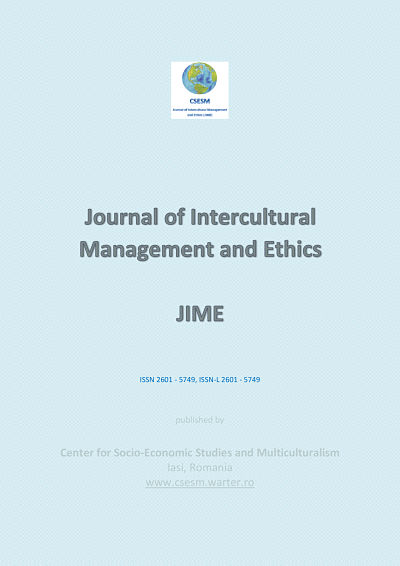Psychological Dimensions of the Political Behavior. Cognition, Emotions and
Vote in Romanian Presidential Elections
Psychological Dimensions of the Political Behavior. Cognition, Emotions and
Vote in Romanian Presidential Elections
Author(s): Silviu Petru GRECUSubject(s): Electoral systems, Political psychology, Politics and society
Published by: Center for Socio-Economic Studies and Multiculturalism
Keywords: political behaviour; political cognition; Romanian Presidential Elections; protest vote; political apathy:political status;
Summary/Abstract: The aim of this paper is to present several psychological aspects of the Romanian Presidential elections. In this context, this article creates the nexus between the normative perspectives and the empirical reality from the Romanian electoral system. Thus, at the theoretical level the article stresses the importance of the classical theories of the political behavior for understanding the current electoral realities. Although we have identified several constraints of the theoretical models, in practice we could emphasize the idea of a mix model based on both psychological and economic dimensions. In the case of the Romanian Presidential elections we have to notice that political status, protest vote and ideological vote create premises for voter turnout (R2= 0.645, p > 0.01). Moreover we have observed significant differences between first and second round of elections. These empirical findings cover, partially, the behavioral model based on the “hot cognition”.
Journal: Journal of Intercultural Management and Ethics
- Issue Year: 1/2018
- Issue No: 4
- Page Range: 49-60
- Page Count: 12
- Language: English

